It’s long been believed that music makes you good at math.
While this is somewhat true, more recent studies show that music education does far more important things.
These studies indicate that musical training sets up the brain by
building superhighways of neurotransmitters that prepare the brain for a lifetime of
- creative thinking
- decision making
- memory recall
- language acquisition
- reading faces, a main factor in building relationships
- ensemble playing teaches cooperation and support of others or put another way, playing nicely, pun intended
Other recent studies indicate that success in life is indicated, not by high SATs scores, but by strong relationship skills, which are all strengthened by music education
At Little Bird Piano Academy, the focus is on setting up your child for this kind of learning.
Kids, and adults for that matter, learn best in an environment
- where they feel safe (where there is no shame, no repercussions for making a mistake)
- where they are free to move their bodies
- where they learn facts (it’s well known that the fastest learners are babies and young children) Did you know that the neuroplasticity actually decreases by the age of 6, but neuroplasticity improves with musical training
- where they are free and encouraged to explore the world around them
- and where they can use those facts and findings to create new ideas
With all of this knowledge, why aren’t more music teachers teaching mothers and fathers how to teach music to their babies and toddlers?
I believe it comes down to what one of my college professors told me:
“because in academia we like to cut red tape – lengthwise”
Most music teachers are using the same methods that have been used since the 1700’s to teach music. Only we’ve watered it down a bit.
Did you know that Mozart, Bach and Beethoven regularly improvised while performing? And yet so many teach their students never to deviate from what’s written on the page. In my opinion this is very limiting to the creative mind we’re all born with, and is a poor representation of the composers we try so hard to honor. They were innovators!! I think they’d be very disappointed to see how hard we’re trying NOT to change anything.
Many of the greatest musicians of all time learned music at home, with their parents and siblings, before moving on to more formal instruction.
Of course you want to send your child to first grade with a solid understanding of spoken language – you wouldn’t wait until they’re 7 or 8 to see if they’re interested in talking – clearly that would be the least successful way. In the same way, it’s important, knowing all of the benefits of a strong musical education, to prepare your child musically, as early as possible.
I’ve been teaching music to little kids for over 40 years. I’ve been blessed to have some incredible teachers along the way, starting in infancy, with my own parents and siblings. My mother and father were so supportive of my efforts as a young child, and throughout my life, to create something new. This has not only given me a lifetime of musical enjoyment, but it’s allowed me the license and the ability to create something new out of the musical education world we live in. I’ll help you in your effort to be that kind of parent. So that your kids can grow up to create a better world.
It’s my life’s mission to improve this world one family at a time, and in time, through changes in the world of musical education that will allow all children the privilege of learning to enjoy and create music. In turn, it’s my hope that these kids will grow up compassionately and creatively improving the world they live in.
It’s not that we’ll need more professional musicians in the next 20 to 30 years, it’s that we need a world filled with capable, creative, socially aware, compassionate, and happy grown-ups.
Citations


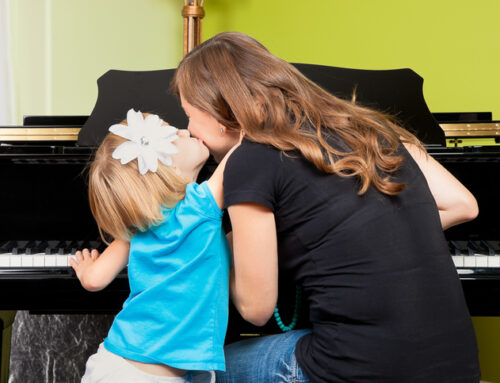
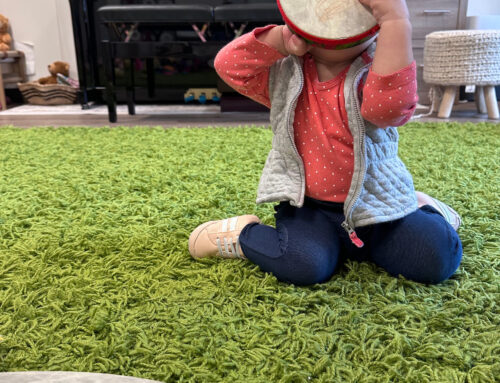
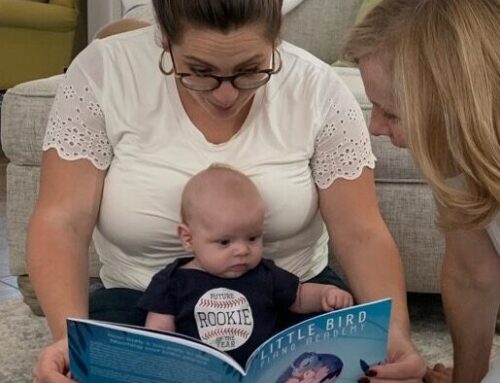
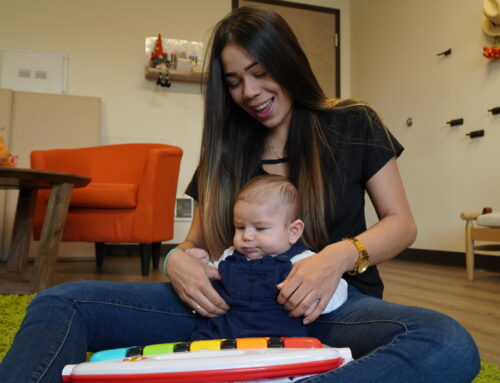
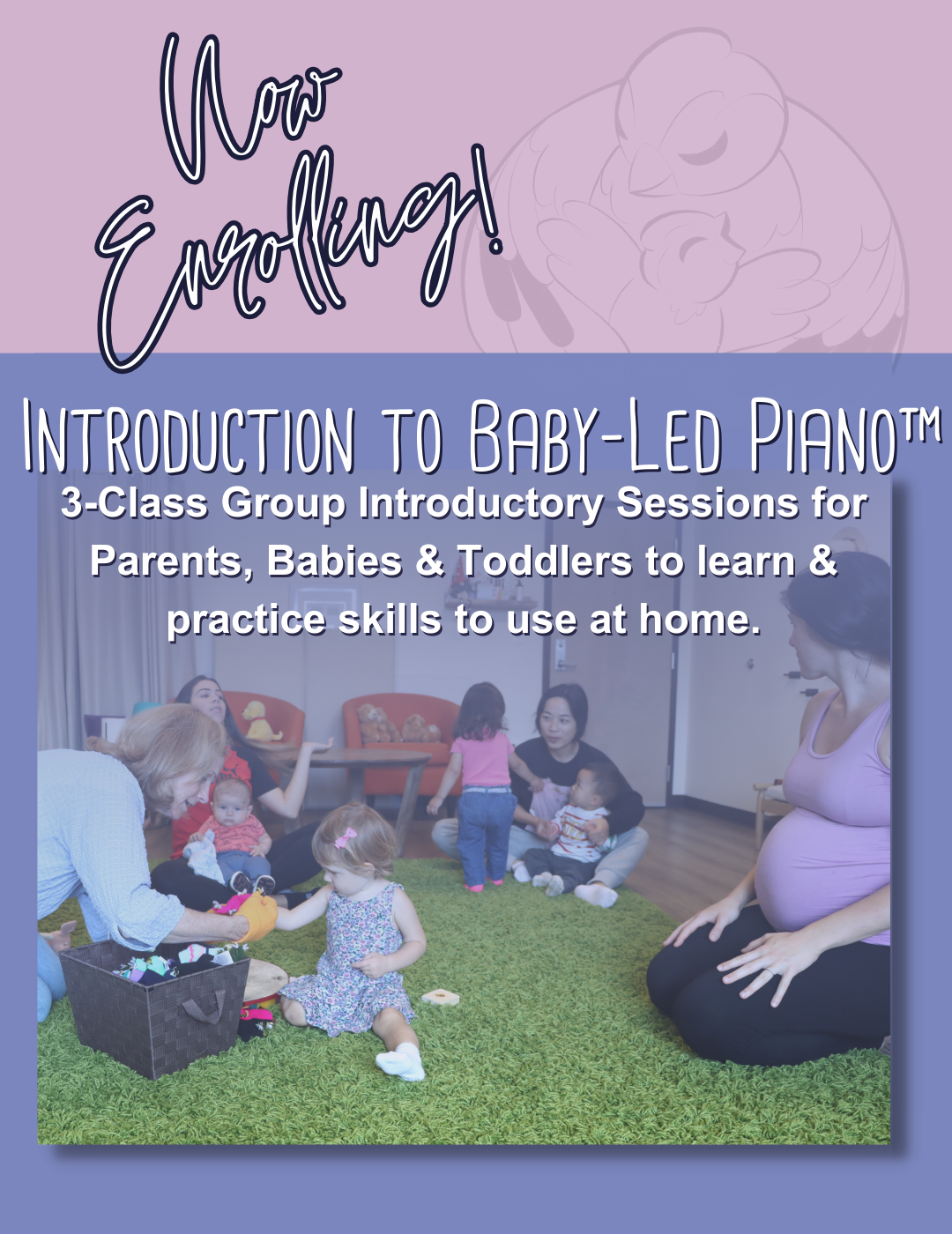
Let’s make more music in our days! Thanks for sharing your love of music and your willingness to foster that love of music in our homes. I’m inspired to sing and play the piano more; to listen and appreciate all kinds of good music more and more.